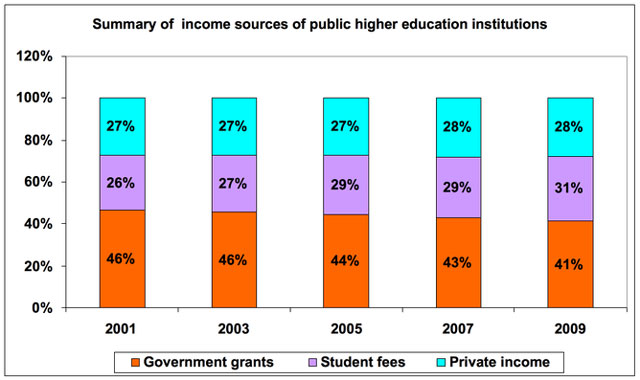
Two South African media companies will slug it out in the high court in Johannesburg on Thursday over claims of copyright infringement.
In court papers running to hundreds of pages, business website Moneyweb, owned by Caxton, hopes to convince a judge that Fin24.com, owned by Media24, acted unlawfully when it allegedly copied parts of its stories.
The judge will also be asked to order that Media24 cannot carry on publishing the seven allegedly copied articles which it says are still on the Fin24 website; and that Media24 owes Moneyweb damages which are to be determined at a later date, plus costs.
At issue is sections of the Copyright Act of 1978 — whether Moneyweb has copyright to its news articles, and whether reproducing or adapting stories published by Moneyweb falls within the exceptions of the act.
The case would also reveal the complexities of the rapid rise of online news, and would cover issues such as whether a hyperlink is sufficient attribution, the difference between ”scraping” and aggregation, and the effect that these practices have on competing media.
Moneyweb submits that although it relies on seven articles to prove its point, the dispute came to a head after ”Media24’s reproduction and misuse of Moneyweb’s Defencex articles” in 2013.
Moneyweb explained that it had uncovered a scheme known as Defencex, which was suspected of being a Ponzi scheme (this has not been proven).
An article it had written had been very popular and so it sent a reporter to the Linder Auditorium on Saturday, 9 March 2013 where the promoter of Defencex was to make an appearance. Moneyweb paid R800 to get in, and the journalist spent his Saturday travelling there and back to write a story.
According to Moneyweb’s court submission, Fin24 asked its own journalist to go, but the journalist missed the meeting, did not file a report and did not respond to his editor’s telephone calls.
Without a report of her own on Sunday night, Fin24 editor Fadia Salie, who is the second respondent, searched the Internet, found Moneyweb’s story, and allegedly ”simply reproduced and posted” on the Fin24 website.
Media24 claims the article merely acknowledges that the event took place and reported the news, clearly stating that the Moneyweb reporter gained access to the event. It states the article had undergone a clear transformation with added background and comment from industry experts among others.
On the Monday, Moneyweb editor Ryk van Niekerk, who once worked for Media24, complained to Fin24. Fin24 agreed to insert one hyperlink back to the Moneyweb article and ”claimed that it was entitled to copy as it had done and that this was acceptable aggregation”.
Moneyweb alleges that this is common practice with Media24 and accuses it of a ”deeply flawed approach to journalism” and that the company appears to permit a ”form of illegitimate and unlawful copying”.
Moneyweb said it owns the copyright on its articles, that its work is original, and that its terms and conditions prohibit copying.
Moneyweb contends that ”without the investment in original journalism there would be nothing for the likes of Fin24.com to copy and the right to freedom of expression would be fatally undermined”.
But Media24 took the gloves off, and not only denied any infringement of the Copyright Act, but claimed that each of Moneyweb’s articles in issue, are themselves sourced from external third parties.
Media24 contends in one of its arguments that merely writing up what a newsmaker said, is not enough to claim that the work is original.
It also analysed the articles in question and pointed out that some contained extracts from press releases and could not then be called original.
The information in the Defencex article, Media24 submitted, was ”derived from an external source” (the organiser of the alleged Ponzi scheme), addressing media representatives, and so Moneyweb could not claim copyright, or of copying substantial parts.
Media24 also argues that there is no definition of ”original” or ”originality” in the act and questions whether ordering words on common data or news constitutes original work.
Among the provisions of the Copyright Act the judge will have to consider is section 12(8)a which excludes from copyright protection certain official texts such as laws, speeches of a political nature, or ”in the news of the day that are mere items of press information”.
Moneyweb and Media24 differ on the interpretation of what an item of ”press information” is.
In a final salvo in the court papers, Media24 also accused Moneyweb of using articles from outside sources.
In the same bundle of papers are statements from the likes of Charmain Naidoo, the general manager of the Times Media Group, Karima Brown, group executive editor of Independent News and Media South Africa, Ellis Mnyandu, editor of Business Report newspaper, Steven Motale, editor of The Citizen, Daily Maverick editor Brancko Brkic, former editor of Rapport Lisa Albrecht and Clive Lotter, chairman of the SA Freelancers Association, all disagreeing with Fin24’s aggregation policy guidelines and its interpretation of copyright laws.
The case is set down for two days. — News24




